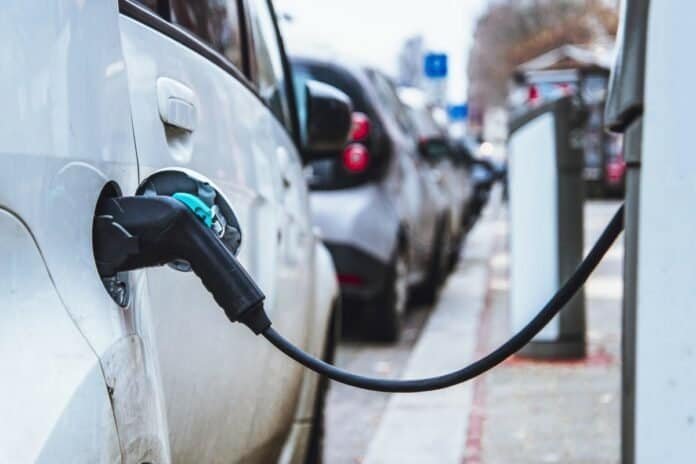Gujarat is a late entry in the competition to become India’s premier automobile hub, but it is unmistakably leading the way in terms of EV production. The state of Gujarat and the federal government’s policy priorities are turning to the widespread adoption of green technology, and Gujarat-based auto and two-wheeler manufacturers are making significant investments to improve their EV capabilities. there have
In addition to advancements in technology and infrastructure, the growing demand for EVs as a result of their low operating costs and subsidies from the federal and state governments has led all major companies to contemplate expanding.
Gujarat’s need for new EV manufacturing hub
Those who already have a presence in Gujarat seek to expand it for the production of EVs. An illustration of this is the recent acquisition of the Ford Motor Company facility in Sanand by the domestic carmaker Tata Motors through a subsidiary. Tata Motors currently produces the Tiago, the Tigor line (which comprises ICE, CNG, and EV), and the XpressT EV sedan at its plant in Sanand.
“Tata Passenger Electric Mobility Limited, a division of Tata Motors Limited, recently purchased Ford India Pvt Ltd’s production facility in Sanand, Gujarat for an estimated total price of Rs 725.7 crore, minus taxes. Due to the near-saturation of current capacities, this acquisition will free up an extra 3,00,000 units of scalable annual manufacturing capacity.

With a strong pipeline of products that are ready for the future and ongoing investments in electric vehicles, Tata Motors has strong plans to maintain its growth momentum, according to Anand Kulkarni, chief product officer and head of high voltage programmes at Tata Passenger Electric Mobility.
By 2024, Tata Motors plans to begin operations at the recently purchased Ford facility in Sanand. We are modifying and retooling the cars that will be produced at the new Sanand plant in order to assure optimal performance and product quality.
These activities are crucial for matching our production capabilities to the high standards of excellence set by Tata Motors. We are well positioned for future expansion because of the recently purchased factory, which will provide us an additional 3,00,000 capacity that may be increased to 4,00,000, according to Kulkarni.
Similar to this, Gujarat will see investments in the production of electric vehicles and batteries from Maruti Suzuki India Limited, India’s largest automaker, which recently approved the acquisition of a 100% share in the Suzuki Motor Gujarat (SMG) plant in Hansalpur. 15% will be held by it. Annual car sales will be 25% hybrid vehicles and 80% electric vehicles by FY 2030–2021.
“SMC has made a huge investment, especially for the decarbonization efforts,” said Hisashi Takeuchi, MD & CEO of MSIL. By 2030–2031, six electric vehicle types will be introduced in India. A prototype of the company’s first EV, which was previewed at the Delhi Motor Show in January 2023, will be released in the following fiscal year. Suzuki Motor Gujarat, where the production facility is being established, will produce the EV.
“The Gujarat facility’s work on developing electric vehicles is going well. We anticipate that sales of the first model will start in 2024–2025, according to MSIL Chairman RC Bhargava.


